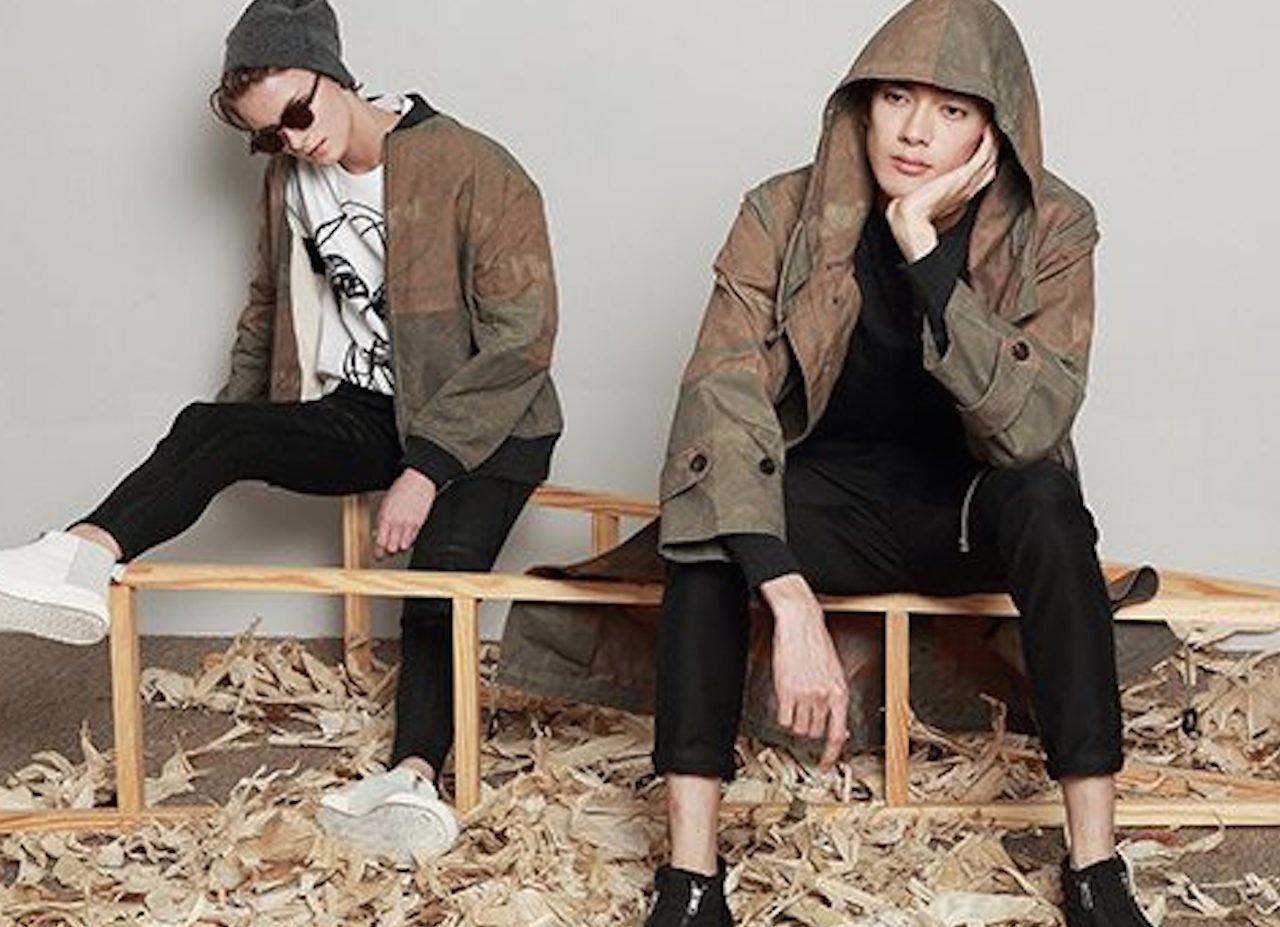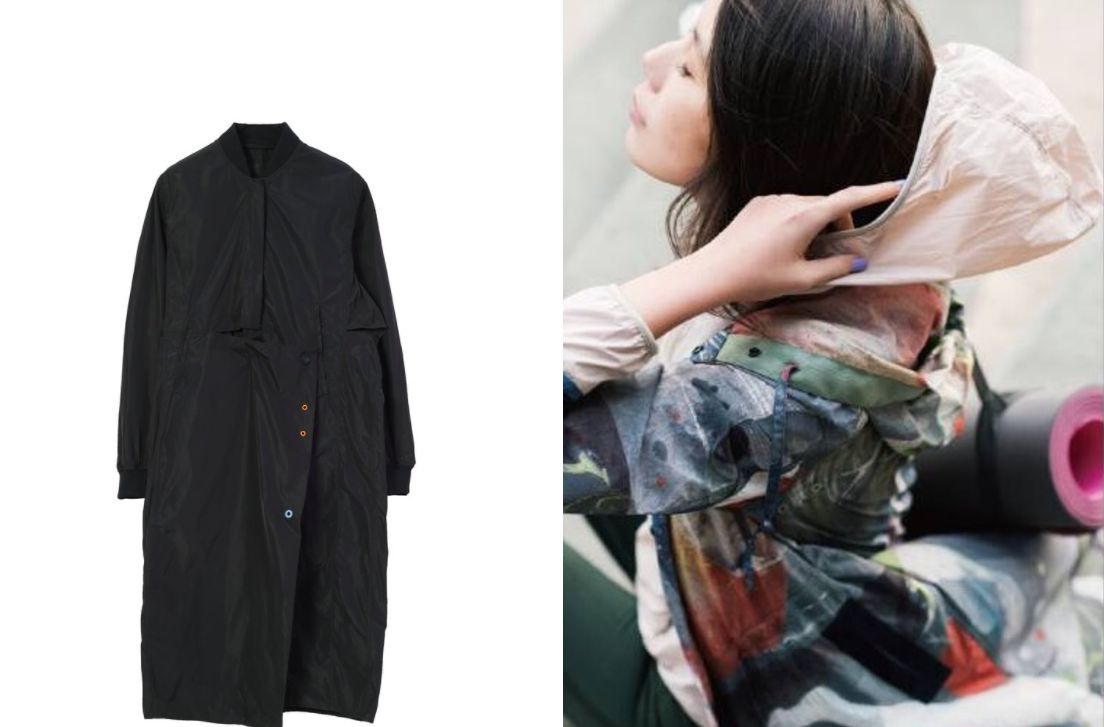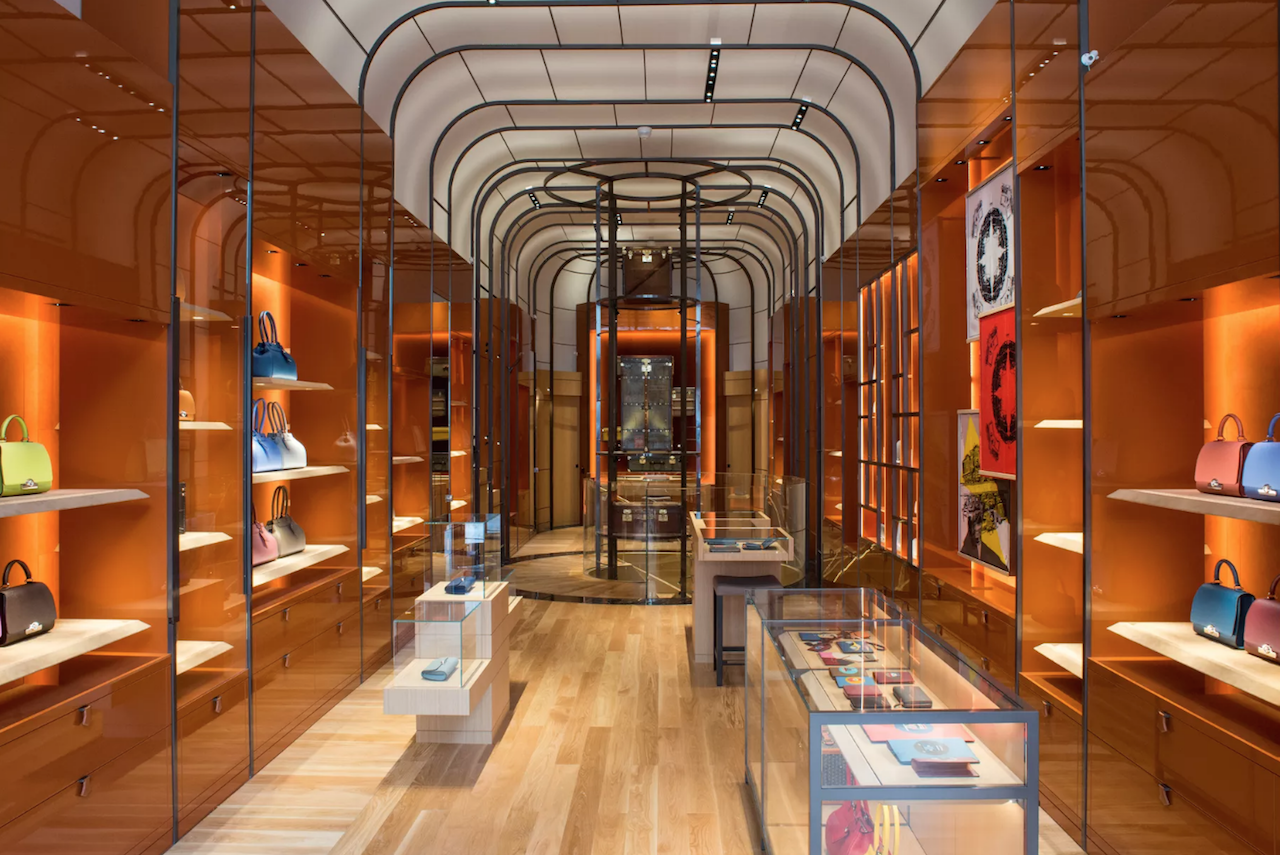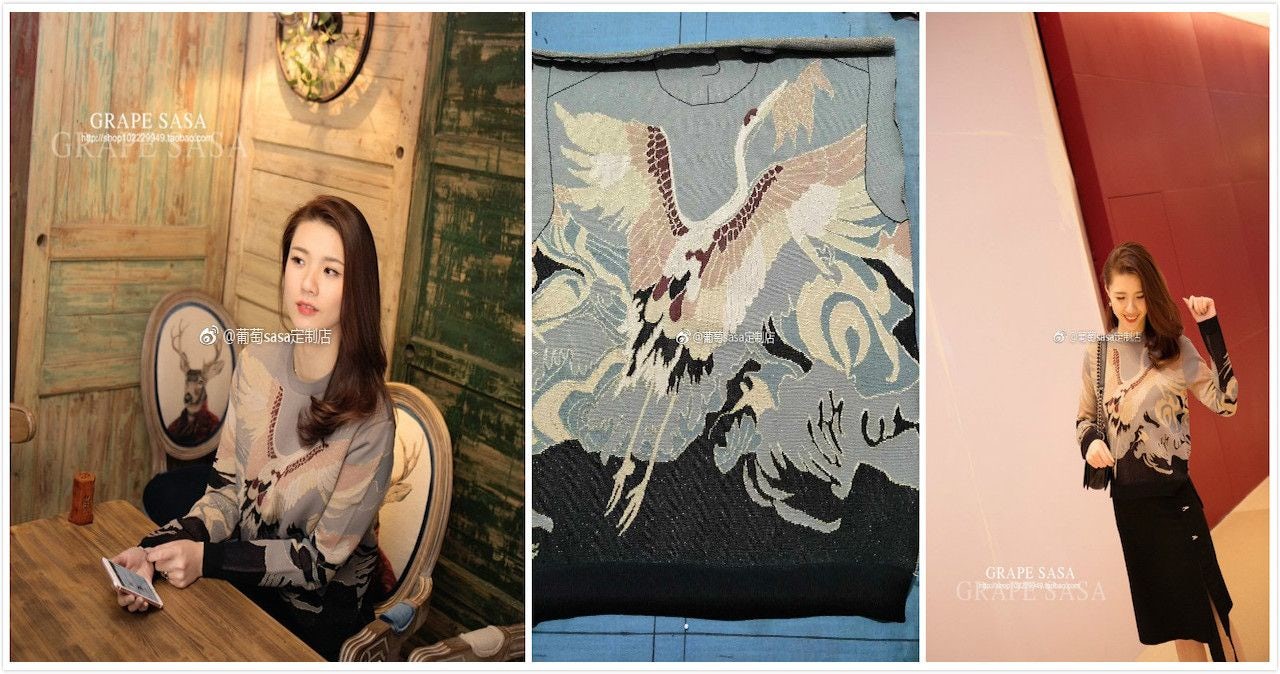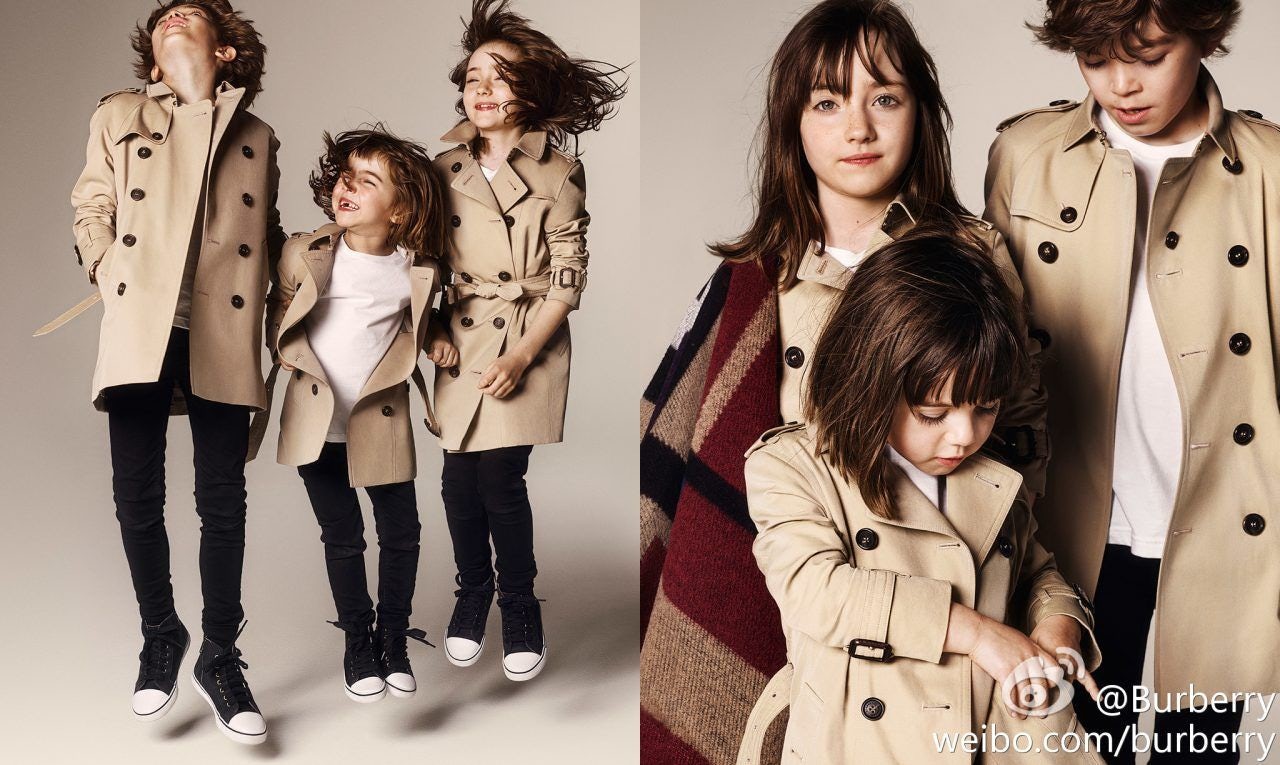Founded in 1994 by a team of 12 art and design students, the Chinese fashion brand JNBY initially got inspiration from the look of club kids in the late 1980s and 90s. Espousing a modern DIY aesthetic, the brand aimed to make convertible clothes that would allow its wearers to interpret them per their personal style. The clothes developed a strong fanbase.
Today, the brand has over 700 retail stores in China and over 1.1 million WeChat followers. Its 2016 sales exceed 1.33 billion yuan. Standing strong after over 20 years in the business, we’re wondering, what’s the secret to the success of this Chinese label?
In a recent interview with BoF China, JNBY’s creative director Li Lin revealed some of the unique efforts the company has made to stay true to their loyal following and, more importantly, to grow with their customers. Taking advantage of the “fan economy,” as per Lin, the company now owns a 9.6-percent share of the local Chinese fashion industry.
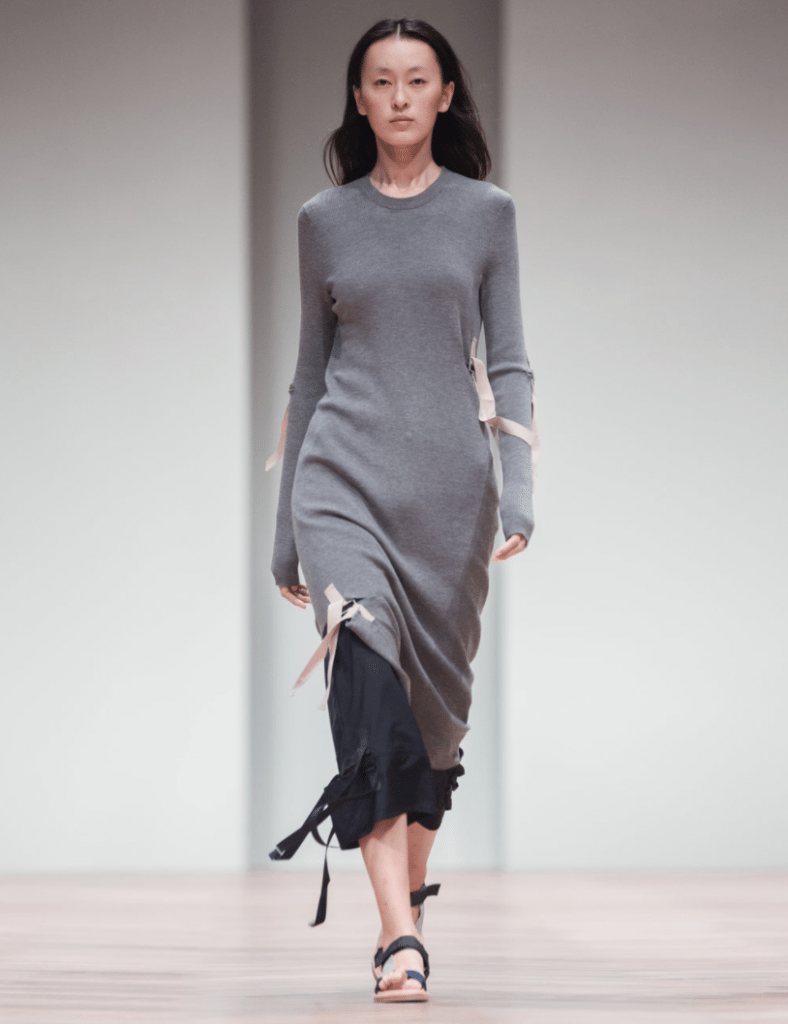
Let Your Customer Be Your KOLs#
Authenticity is JNBY’s calling card. Lin has credited the company’s consistent growth with its resistance to hiring KOLs. Lin explained that not following any popular KOL is one of the key ways that they were able to remain authentic.
In the interview with BoF, Lin recalls the early customers of JNBY, many of which came from the art or media industries and were already KOLs in their own networks. Lin used that to their advantage.

“We are much more interested in gathering inspiration from ordinary people every day,” said Lin.
This mission carries over into everything the brand does, including its promotional efforts, which have also taken inspiration from the streets. In 2015, the brand organized JNBY Global Street Style, a project for which they enlisted the hottest photographers to shoot images of people wearing JNBY clothing in city streets around the world including Seattle, Tokyo, Shanghai, Paris, London and Taiwan. The pictures for the project, which is still going strong, are published on social media with information about the subjects and their personal style.
The brand also worked with VICE on a documentary-style lookbook conceived by German photographer Amira Fritz. For this project, which was inspired by JNBY's Fall/Winter 2016 collection, whose theme was #Unspoken Self, the photographer traveled to the ten biggest global cities from Shanghai to Paris exploring the daily lives of creative people in those cities.
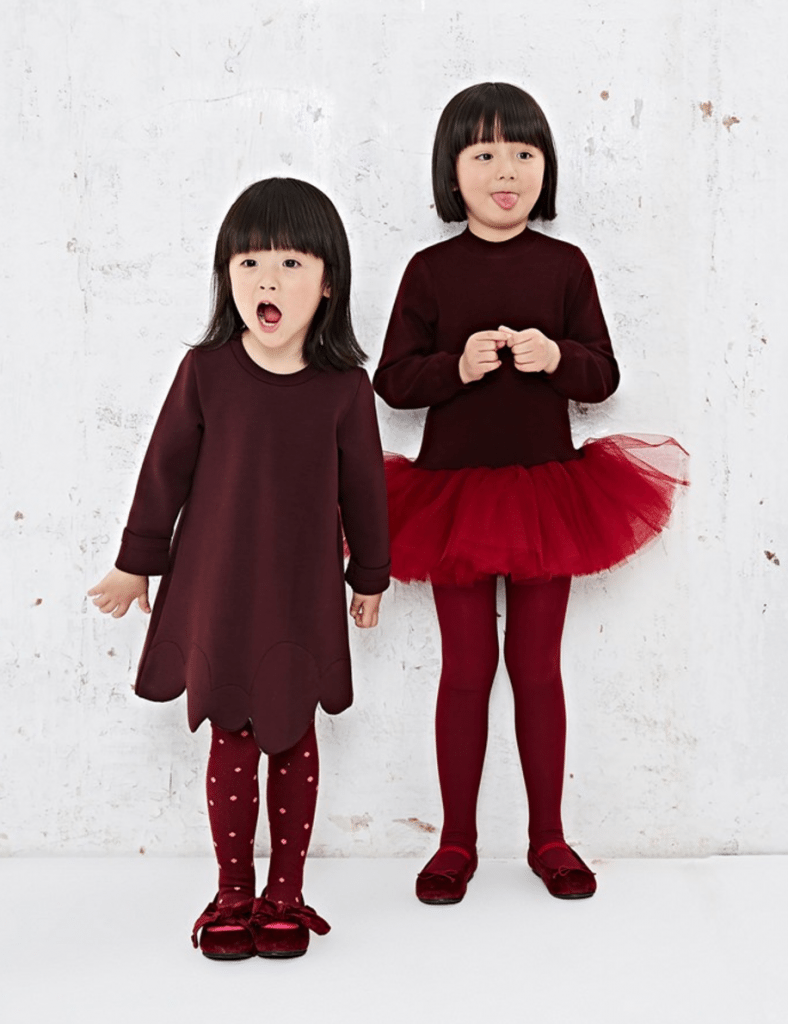
Evolve With Your Loyal Customers#
The evolution of JNBY's product development is obvious from the point of view of consumers. The inspiration behind the launch of JNBY’s childrenswear line was a consumer trend. As JNBY's business grew, its female consumers were also transitioning to becoming parents, and Lin wanted to grow with its consumers and create designs for the kids of their fans that were consistent with the look of its adult line—a clean-cut minimal style that is not too childish.
The company first launched its childrenswear line in retail stores in Hangzhou in May 2013. Within half a year, revenue from the childrenswear line accounted for 10 percent of JNBY’s total sales.
Betting on its growing popularity on the mainland and its steady cash flow, the company made its debut on the Hong Kong Stock Exchange in October 2016. Making a global offering of 125 million shares, and 12.5 million shares for Hong Kong investors at HK6.4 apiece, the stock surged following the IPO. After the brief surge, its share price dropped to HK6.5. As of today, it trades for HK6.28.
Keeping in mind that along with building their families, consumers would also have their homes in mind, after going public, the brand launched a home furnishings and decoration brand JNBYHOME, in December 2016. In August that year, it launched the teen brand Pomme de Terre.
The evolution of the company is also aided by their deep understanding of the spending habits of their consumers, which they achieve through gathering data such as through JNBY's tailored membership program. For that initiative, customers are given a unified membership ID to use when placing orders both online and offline. This allows the company to keep track of their spending habits and also gives them the opportunity to give back. Based on how many points members have accumulated, they can get discounts and invitations to exclusive events, such as a front row seat at a JNBY fashion show or the chance for their kids to strut down a JNBY catwalk.
